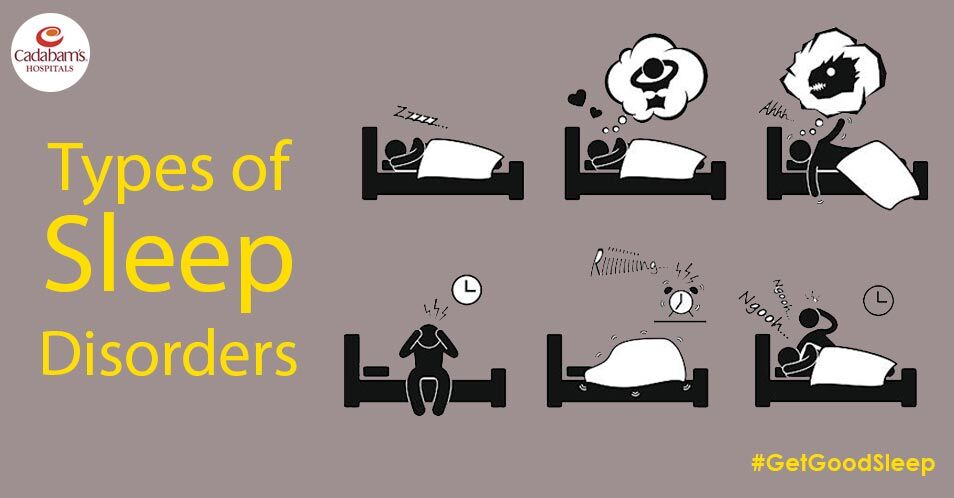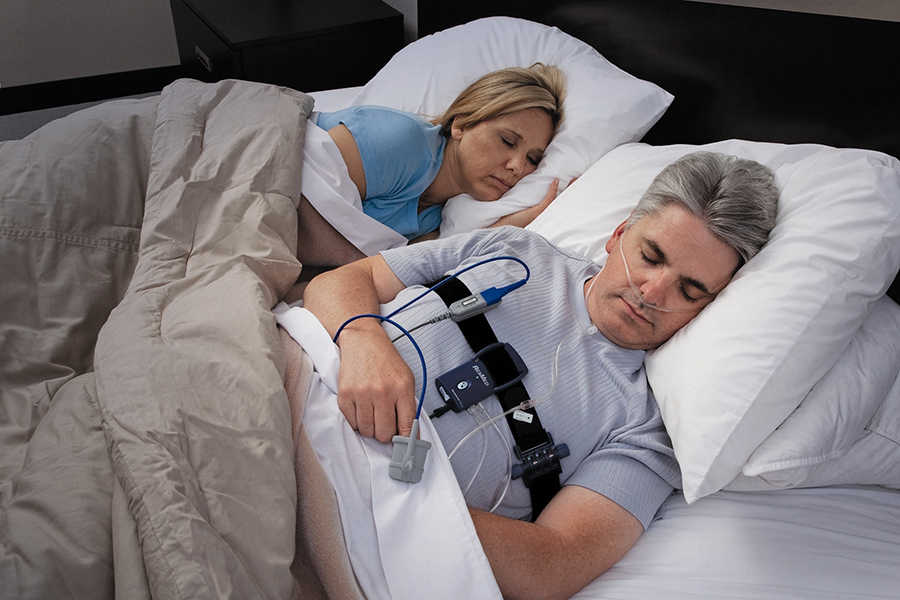Why individuals Choose Sleep Study Bangalore for Better Sleep Health
All You Need to Learn About Rest Studies and Their Role in Detecting Rest Disorders
Rest studies, or polysomnography, are vital devices in understanding and detecting different sleep problems. By keeping track of physiological signals like mind task and heart price, these examinations give important understandings into a person's sleep patterns. The outcomes can reveal problems such as sleeplessness and sleep apnea, resulting in targeted treatment plans. Nevertheless, many continue to be not aware of the different kinds of rest researches and their particular processes. Just what can one expect throughout a rest research?
What Are Sleep Researches?
Rest studies, also recognized as polysomnography, are analysis tests made use of to observe and evaluate rest patterns and conditions. These examinations commonly happen in a controlled environment, such as a rest center, where individuals are kept an eye on over night. During the research, different physiological signals are tape-recorded, including mind waves, heart price, oxygen levels, and muscle mass activity (Sleep Study Bangalore). This complete information collection allows health care specialists to determine sleep-related problems, such as rest apnea, insomnia, and agitated leg syndrome. The evaluation process not only evaluates the amount of rest however additionally its top quality, helping to determine problems. Rest researches are vital for creating ideal treatment plans, as they provide insights right into the underlying root causes of sleep disruptions. By recognizing an individual's unique sleep architecture, healthcare service providers can suggest way of life modifications, drug, or added treatments to boost total sleep health and health
Sorts Of Rest Researches
While numerous kinds of sleep research studies exist, they are mainly classified based upon the particular conditions being checked out and the techniques used. One typical kind is polysomnography (PSG), which records brain waves, oxygen levels, heart rate, and breathing during sleep. This thorough evaluation is specifically beneficial for diagnosing rest apnea, sleeping disorders, and other sleep disorders.
Another kind is home rest apnea screening (HSAT), which supplies a streamlined variation of PSG for clients presumed of having sleep apnea. This approach permits keeping track of in an acquainted setting, boosting comfort and benefit.
Actigraphy is an additional technique, using a wrist-worn gadget to track motion patterns, thereby giving insights right into sleep-wake cycles. Lastly, several rest latency examinations (MSLT) evaluate daytime drowsiness and assistance identify narcolepsy by gauging exactly how quickly a specific drops off to sleep throughout the day. Each sort of sleep research serves a distinctive objective in recognizing rest wellness.

Exactly How Rest Studies Are Conducted
Rest researches are conducted with different approaches, each made to examine specific aspects of rest behavior and physiology. Throughout these researches, monitoring equipment tracks mind task, heart rate, and breathing patterns to collect extensive data. This information is necessary for detecting rest conditions and identifying effective treatment choices.
Types of Sleep Researches

Checking During Rest
,aspect=fit)
Common Sleep Disorders Identified
Commonly experienced in medical setups, rest problems incorporate a variety of problems that substantially influence a person's lifestyle. Among the most common are insomnia, identified by difficulty dropping or remaining asleep; sleep apnea, which involves duplicated interruptions in breathing throughout rest; and uneasy legs disorder, noted by an alluring urge to relocate the legs. Narcolepsy is one more significant condition, bring about extreme daytime drowsiness and abrupt sleep attacks - Sleep Study Bangalore. Additionally, parasomnias, such as sleepwalking or evening terrors, interfere with sleep with abnormal actions. These conditions can have profound effects, consisting of damaged cognitive feature, state of mind disturbances, and enhanced risk of chronic health and wellness concerns. Exact diagnosis of these conditions commonly counts on detailed rest research studies, which aid identify specific conditions and guide effective therapy techniques. Understanding the nature and signs of these common rest disorders is vital for boosting individual results and boosting overall well-being
Recognizing the Results of Sleep Researches
While translating the outcomes of sleep research studies may seem daunting, a clear understanding of the information can significantly help in identifying rest problems. Sleep research studies, or polysomnographies, give substantial insights right into a client's sleep patterns, including mind activity, eye motion, heart rate, and oxygen degrees. Each of these components can expose crucial details regarding sleep high quality and disturbances.
Key metrics include the Apnea-Hypopnea Index (AHI), which shows the intensity of rest apnea, and rest stages, which aid examine article the amount of corrective rest. Patterns of fragmented sleep or prolonged wakefulness may indicate other problems, such as insomnia or uneasy leg syndrome.
Additionally, hypnograms aesthetically represent sleep cycles, enabling experts to identify certain concerns. By evaluating these results, medical care specialists can develop a more accurate diagnosis, leading to targeted treatments for improved rest health and wellness and general health. Recognizing these results is vital for effective administration of sleep-related conditions.
Treatment Alternatives Following a Rest Research Study
After analyzing the outcomes of a rest research study, people and medical care carriers can check out different therapy options tailored to address particular sleep conditions. For conditions like obstructive rest apnea, constant favorable airway pressure (CPAP) treatment is generally advised to keep air passages open throughout rest. In cases of insomnia, cognitive behavior therapy for insomnia (CBT-I) uses efficient techniques to boost rest patterns. Drugs may likewise be prescribed on a short-term basis however are typically not a first-line treatment. For troubled legs disorder, way of life alterations, iron supplements, or dopaminergic drugs might be suggested. Those diagnosed with narcolepsy might take advantage of energizer medicines to handle extreme daytime sleepiness. Additionally, addressing hidden wellness problems, such as weight problems or anxiety, can greatly improve rest quality. On the whole, treatment strategies are individualized, taking right into account the patient's certain medical diagnosis and personal wellness scenarios to maximize results.
Tips for Planning For a Sleep Research study
Planning for a sleep research study can significantly improve the precision of the outcomes, as clients that follow certain guidelines are most likely to have a successful experience. To guarantee suitable problems for the research, people should maintain their regular sleep routine in the days leading up to the visit. It is recommended to prevent caffeine and alcohol 24 hr before the research study, as these compounds can disrupt sleep patterns.
Clients ought to likewise consult their health care provider concerning medications, as some may need to be adjusted or withheld prior to the research study. In addition, wearing comfortable, loose-fitting garments can assist advertise leisure during the night. Bringing personal items such as a preferred pillow or blanket might likewise add to a much more relaxing atmosphere. Getting here at the center on time enables for required prep work and lowers any tension connected with the study. Complying with these tips can cause even more significant and exact results.
Frequently Asked Questions
Are Rest Studies Covered by Insurance?
Rest research studies are typically covered by insurance, but protection varies by strategy and private situations. Individuals ought to consult their insurance policy provider to confirm certain advantages and potential out-of-pocket costs associated to the rest research study.
Can I Take Medications Prior To a Rest Research study?

People are usually advised to avoid taking medications before a sleep study, as specific compounds may conflict with the outcomes. Consulting a health care service provider for specific standards customized to one's circumstance is recommended.
Just how Do I Select a Rest Center?
To pick a rest facility, one should take into consideration variables such as certification, readily available modern technology, personnel certifications, individual testimonials, place, and whether the facility offers considerable services tailored to specific sleep conditions.
What Should I Use During a Rest Research study?
For a sleep research, comfy, loose-fitting sleepwear is advised. It should enable very easy activity and not restrict sensors. Stay clear of heavy fabrics and complicated clothing to assure a relaxed sleep experience during the assessment.
For how long Does It Require To Obtain Results?
Results from a sleep research study commonly take one to 2 weeks to be refined and assessed by specialists. Individuals need to anticipate to obtain a thorough report outlining searchings for and prospective referrals soon thereafter.
Sleep studies, additionally understood as polysomnography, are diagnostic examinations made use of to evaluate and observe rest patterns and problems. Sleep researches are crucial for developing proper therapy strategies, as they offer insights into the underlying reasons of rest disturbances. How are rest research studies conducted to assure exact monitoring of rest patterns? While translating the outcomes of sleep researches may seem daunting, a clear understanding Homepage of the data can significantly assist in diagnosing sleep problems. Key metrics include the Apnea-Hypopnea Index (AHI), which shows the intensity of rest apnea, and sleep phases, which assist assess the amount of restorative sleep.